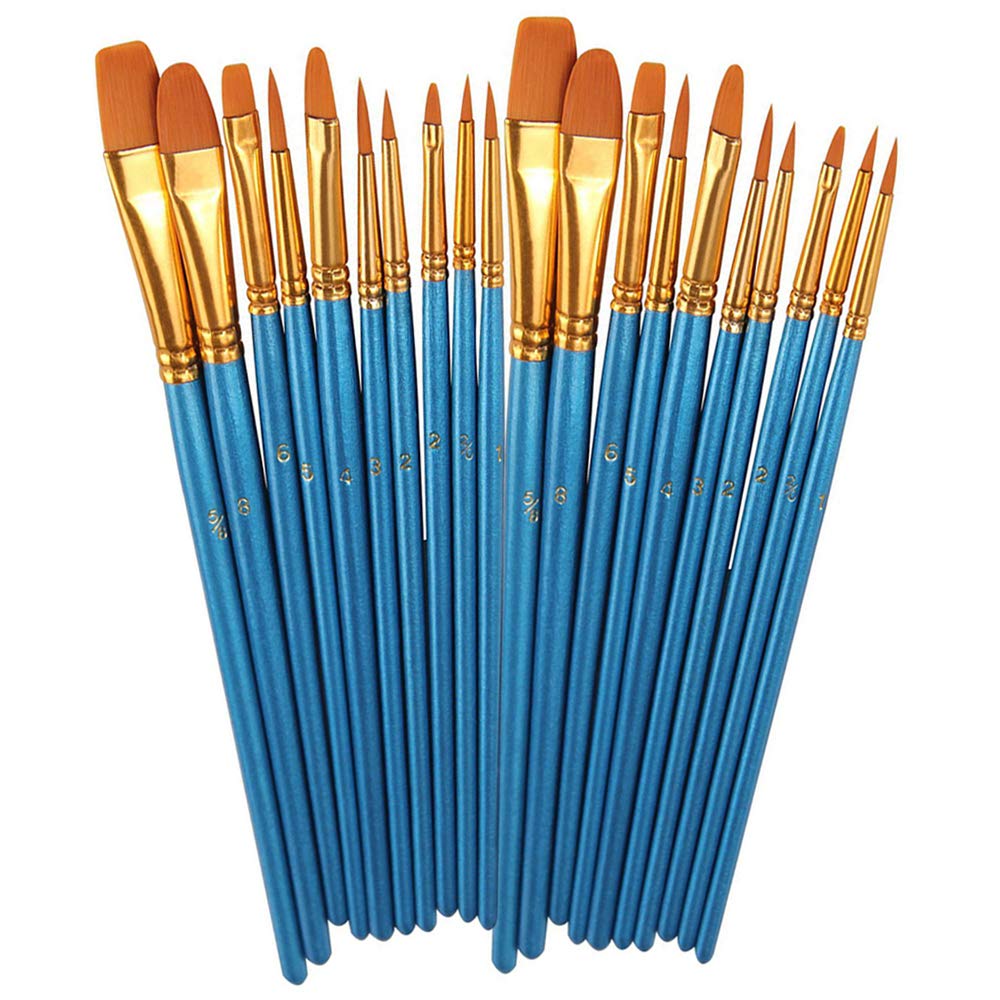A craft or trade is a motion or a profession that requires particular skills and knowledge of intelligent work. In a historical sense, particularly the middle Ages and earlier, the term is usually applied to people occupied in small-scale production of goods, or their maintenance, for example by tinkers. The conventional term craftsman is nowadays often replaced by artisan and rarely by craftsperson (craftspeople).
Historically, the more specialized crafts gone high value products tended to concentrate in urban centers and formed guilds. The facility required by their professions and the infatuation to be every time in force in the clash of goods often demanded a generally sophisticated level of education, and craftsmen were usually in a more honored twist than the peasantry in societal hierarchy. The households of craftsmen were not as self-sufficient as those of people engaged in agricultural deed and fittingly had to rely on the disagreement of goods. Some crafts, especially in areas such as pottery, woodworking, and the various stages of textile production, could be proficient upon a part-time basis by those also in action in agriculture, and often formed allowance of village life.
Once an apprentice of a craft had the end his apprenticeship, he would become a journeyman searching for a place to set up his own shop and make a living. After he set taking place his own shop, he could after that call himself a master of his craft.
This system of a stepwise entre to mastery of a craft, which includes the obtainment of a distinct amount of education and the learning of skills, has survived in some countries of the world until today. But crafts have undergone deep structural changes before and during the become old of the Industrial Revolution. The growth production of goods by large-scale industry has limited crafts to make known segments in which industry's modes of functional or its mass-produced goods would not or cannot satisfy the preferences of potential buyers. Moreover, as an consequences of these changes, craftspeople today increasingly create use of semi-finished components or materials and accustom yourself these to their customers' requirements or demands and, if necessary, to the environments of their customers. Thus, they participate in a sure unfriendliness of labour in the middle of industry and craft.
The term crafts is often used to characterize the associates of artistic practices within the associates decorative arts that traditionally are defined by their association to operating or utilitarian products (such as sculptural forms in the vessel tradition) or by their use of such natural media as wood, clay, ceramics, glass, textiles, and metal.
The Arts and Crafts doings originated in Britain during the late 19th century and was characterized by a style of frill reminiscent of medieval times. The primary player joined subsequent to the motion is William Morris, whose accomplishment was reinforced later writings from John Ruskin. The doings placed a high importance on the atmosphere of craftsmanship even if emphasizing the importance for the arts to contribute to economic reform.
BOSOBO Watercolor Paint Brushes Set, 13pcs Professional Long Handle Flat Tip Nyl eBay
BOSOBO Mouse Pad, Round Mandala Mat, 7.9 x inch, Colour eBay




No comments:
Post a Comment